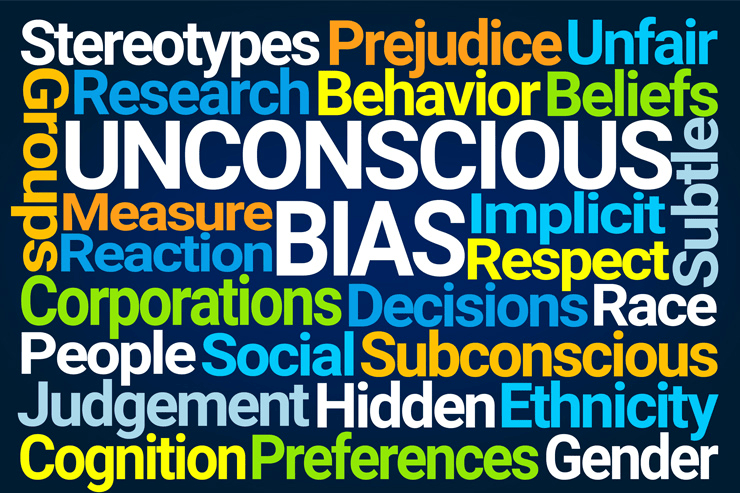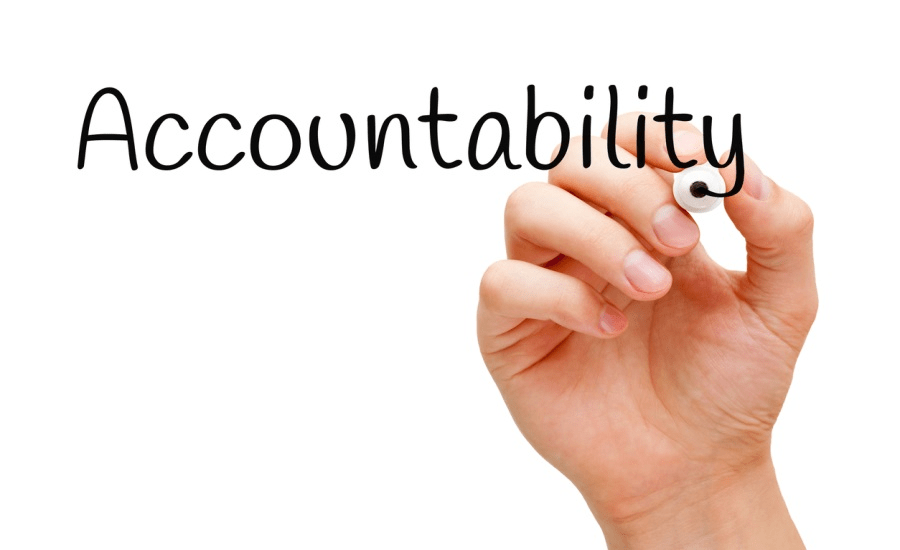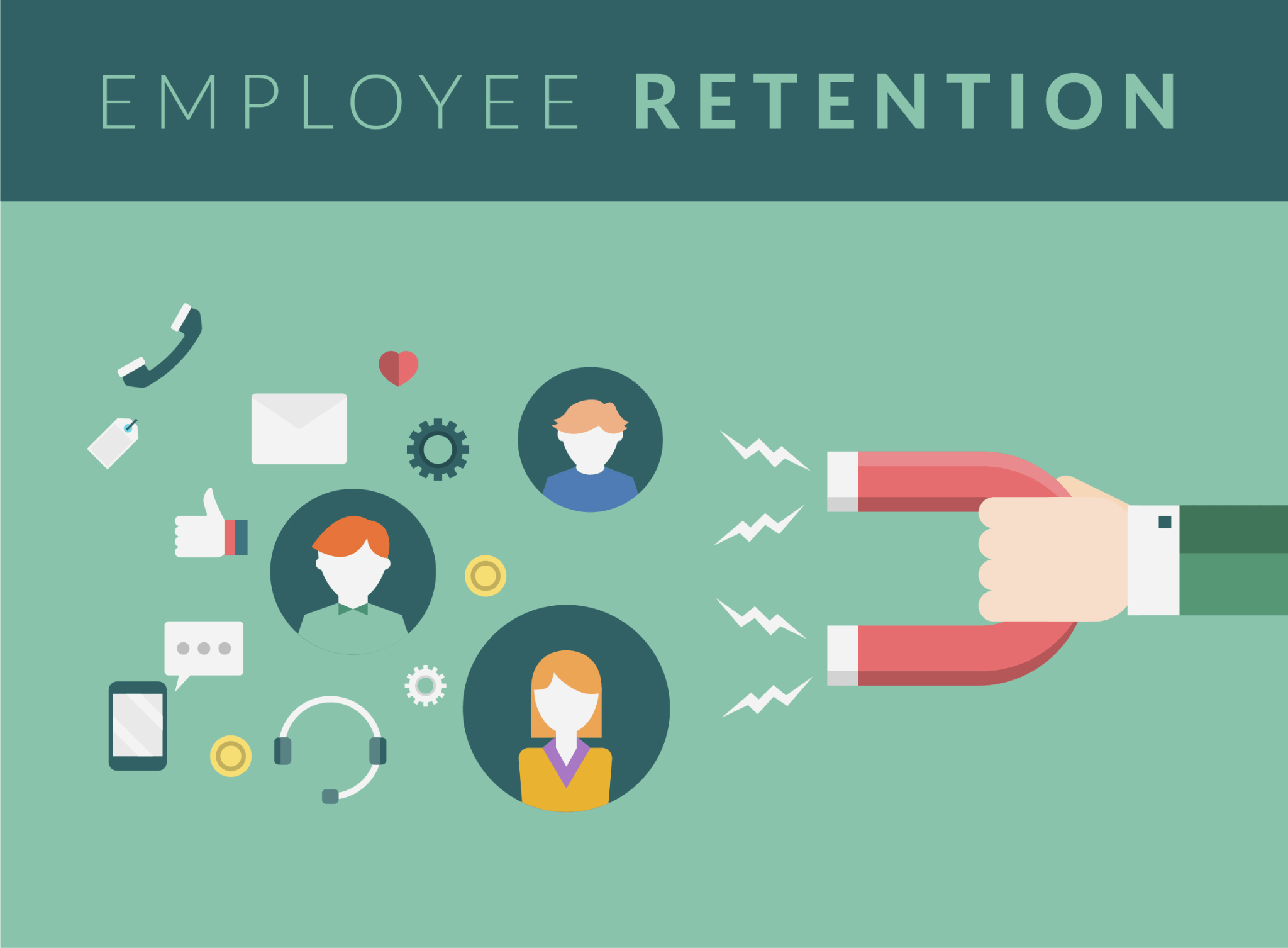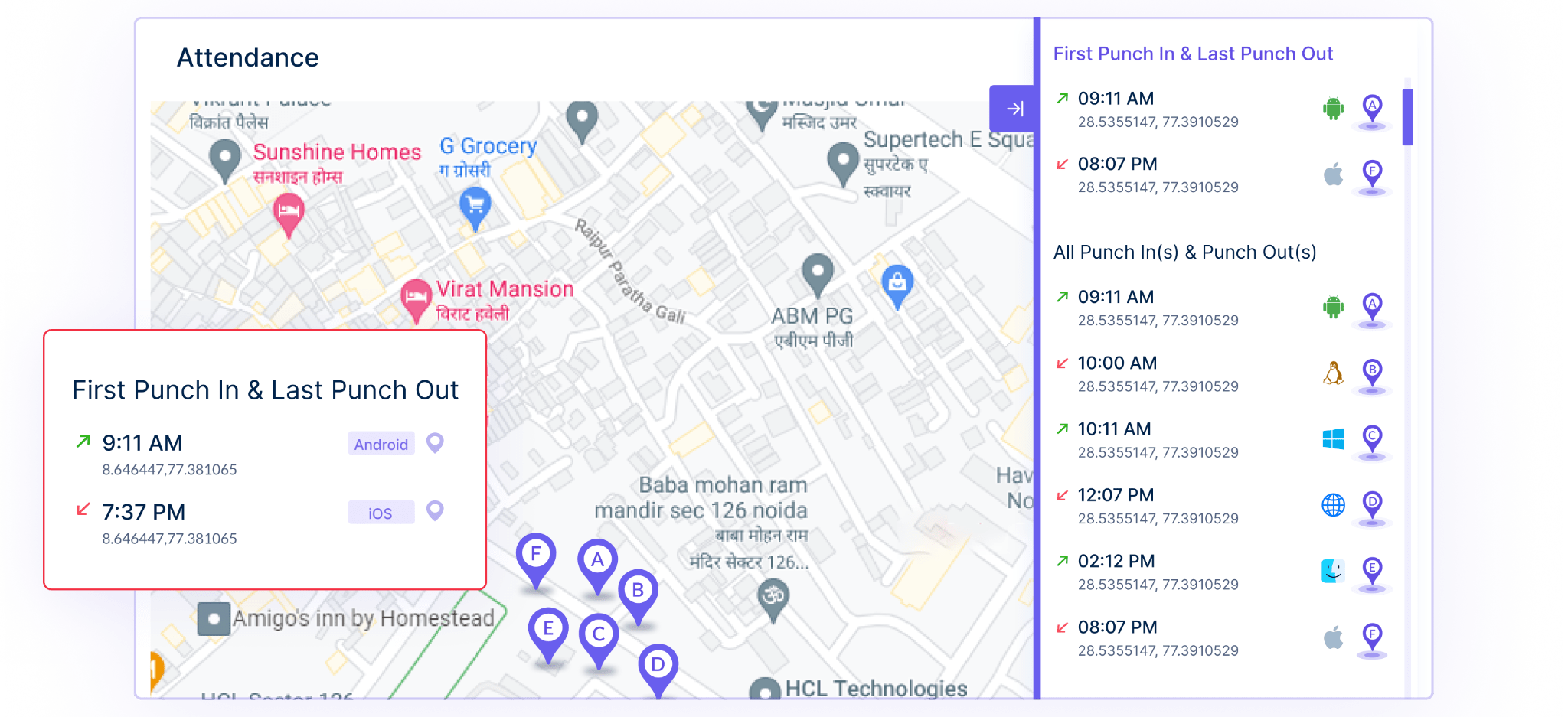Table of Contents
A diverse and inclusive workplace, in which every employee feels comfortable enough to contribute their best work and share their full range of ideas and concerns, is essential to the overall efficiency of the business in the long run.
It hardly matters which industry your business falls under; workplace diversity and inclusion (DEI) should be top priorities.
DEI is essential for progress in the long run, both from a societal and economic standpoint.
For businesses to prosper and make progress in the long run, they must have a safe, inclusive, and productive work environment.
That’s where diversity inclusion (DEI) comes in – it provides the framework for ensuring that everyone can participate in creating value for the company.
What Is DEI?
Diversity is the acceptance and recognition of differences among people or groups in a society. Differences in gender identity, ethnicity, sexual orientation, race, religious beliefs, or age may exist in the workplace.
Ensuring that every process is fair and impartial for everyone is known as equity. Inclusion ensures that all workers feel welcomed and have a sense of belonging in their workplace.
An inclusive workplace should be tolerant, courteous, and cooperative to everyone.
DEI has grown into a major corporate initiative in numerous industries. Previously, diversity and inclusion were unappreciated factors; nevertheless, research and studies show several significant advantages for businesses and their employees.
According to a study of over 500 businesses, every 1% increase in diversity correlates with a 3% to 9% rise in sales revenue.
Follow-up question: What makes DEI an inevitable part of the Workplace?
Read the next section to know the answer-
Top 10 Reasons To Promote DEI In The Workplace For Quick Progress
To keep your business heading in the right direction for more workplace efficiency regarding diversity, equity, and inclusion, keep these ten reasons in mind at all times.
They will help you stay true to your goals and ensure that your workplace can stay up-to-date with the needs of your customers and employees alike.
1) DEI brings new perspectives

Today, workers are more likely to stay with companies that cultivate a safe, inclusive environment than those that don’t.
Companies with diversity report higher productivity and sales growth, on average, than other companies do; they also have lower turnover rates because employees have high job satisfaction.
Also Read: Top 22 Workplace Productivity Statistics You Cannot Afford to Ignore
When building a diverse workforce, it doesn’t mean hiring an equal number of each minority group. It means hiring from various minority groups and making your workplace more inclusive.
Hiring from only one group reinforces stereotypes and doesn’t lead to diversity.
If your company has too many of one particular race or ethnicity working there, it may be perceived as discriminatory or racist by others who apply for positions
2) DEI reduces unconscious bias

Employees with different backgrounds are likely to ask different questions about their work. If everyone in your company looks at a problem through similar lenses, then you’ll never consider every angle. There will be some angles you never see because they don’t match your preconceived ideas about what an issue might look like.
A diverse team will ensure that different perspectives are represented from which more efficient solutions can emerge.
Not only more solutions but better solutions as well. Reducing unconscious bias through diversity should be viewed as a vital tool for efficiency and innovation.
Studies show that there’s a correlation between diversity and financial success. A recent study shows that organizations in the top quartile for ethnic and racial diversity were 35% more likely to perform better than their national industry medians in terms of financial returns.
3) DEI promotes accountability

You must be wondering-
How to increase accountability in the workplace with DEI?
There are a few ways that DEI can promote accountability in the workplace. One is through the use of workplace analytics. By tracking employee productivity and engagement, employers can identify areas where employees may be struggling and need assistance. This data can also help identify top performers and provide insights into what leads to their success.
Sign up to try the best workplace analytics software to promote DEI in your organization with more accountability-
4) DEI helps employees maintain a better work-life balance

A workplace monitoring policy that safeguards employee safety and well-being, including addressing racism and sexism, can help ensure that people are happy, healthy, and can sustain their jobs. Don’t underestimate how much employees appreciate being heard.
A recent study found that companies with gender-diverse executive teams experienced a 37% higher return on equity (ROE).
Embracing diversity and inclusion is good business, and employers increasingly recognize this. It’s what attracts top talent to a company. After all, who can argue against providing a safe work environment where employees feel heard?
Employees who feel supported and recognized at work are more likely to stay with a company longer, which can save money on recruitment costs in the long run.
5) Having different voices keeps people from getting bored

Working with people from different experiences and backgrounds can challenge your perspective of what’s normal, and that kind of diversity can be highly beneficial as you grow.
Many business leaders agree that diversity creates an environment where new ideas are born and innovation thrives.
More ideas get presented and discussed when everyone has a voice and a seat at the table. People will be interested in taking more risks because they know they have backup from their colleagues.
An inclusive team consists of people with different viewpoints and experiences, so they can approach problems from various angles.
When creating a new product or developing a strategy to expand your company, there’s strength in hearing different points of view about how things should be done.
This kind of diversity creates more opportunities for problem-solving and helps keep meetings from getting boring.
6) DEI improves employee retention rate

When your workplace has explicit policies against discrimination, more people are comfortable coming forward when they witness discrimination happening – whether they’re on a hiring committee or watching a colleague make insensitive remarks.
A workplace monitoring policy provides your employees with an outlet to speak up if they see something inappropriate. This can also lead to increased efficiency because as your employees become more diverse and inclusive themselves, their skillset improves.
When everyone’s opinions are valued equally, you have a broader pool of talent to draw from for projects, making all your projects more successful.
7) It makes it easier to spot problems

Today’s workers are more likely to stay with companies that cultivate a safe, inclusive environment than those that don’t.
Companies with diversity report higher levels of productivity and sales growth on average than other companies, and they also have lower turnover rates because employees have high job satisfaction.
When building a diverse workforce, it doesn’t mean hiring an equal number of each minority group. It means hiring individuals from various minority groups and making your workplace more inclusive. Hiring from only one group reinforces stereotypes and doesn’t lead to diversity.
Additionally, if your company has too many individuals from a particular race or ethnicity working there, it may be perceived as discriminatory or racist by others who apply for positions.
8) Diverse workplaces have less conflict

Numerous studies show that when employees from different backgrounds and cultures collaborate together on a project, there’s a better chance that they’ll find solutions faster.
And if all of your workers are coming from one background or point of view, it might not be possible for you to reach as many people with your product or service.
Plus, if you think about it practically, we’re a pretty diverse country – so why shouldn’t businesses reflect that? It takes effort to create inclusive cultures: This sounds simple enough—after all, you just need to hire diverse people—but creating an environment where everybody feels welcome and comfortable doesn’t happen by accident.
People from various backgrounds bring various experiences and perspectives to their work. That leads to greater innovation and problem-solving abilities, which can help you compete more effectively in your industry.
You must remember that diversity doesn’t just mean hiring people who are different from you—it means fostering an environment where all employees feel appreciated and welcome no matter what they look like or where they come from.
Creating an inclusive culture takes planning, action, and ongoing attention.
9) DEI teams learn faster

Through these challenges, team members are exposed to multiple perspectives and encouraged to think outside their usual thinking patterns.
By working together in this way, diverse teams are able to arrive at better solutions and generate more creative ideas overall.
10) Diverse groups are more productive and efficient

Globally, 50% of women who work quit their jobs each year due to a toxic work environment or lack of opportunities for advancement.
A diverse workplace encourages new ideas, fosters creativity and innovation, and improves problem-solving abilities, all of which help produce better products.
A recent study has shown that diverse groups make better decisions because they are more thorough, seek more information, and encourage people to look at issues from multiple perspectives.
The impact of a group’s decision quality was increased by 10% with each additional female member in a group (i.e., groups made up of three women are 30% more effective than groups consisting of all men).
Closing Thoughts
If we want to see long-term progress in the workplace, we need to focus on equity and diversity. We need to think about creating an environment where everyone feels safe and supported, regardless of their identity. This isn’t always easy – but it’s worth it. We hope you feel encouraged to continue this important work in your own organization.
Although implementing DEI policies may seem like an added burden in the short term, it is essential for long-term progress.
The benefits of a diverse and inclusive workplace are clear, and businesses that embrace them will be better positioned for success in the years to come.
Try the best workforce management software with a GPS time clock and create a DEI culture for your remote workforce here.
What are some ways you plan to promote DEI in your workplace? Tell us in the comments below.
FAQs
Q: What is DEI?
A: DEI stands for diversity, equity, and inclusion. It refers to the intentional effort to create a workplace that is diverse, equitable, and inclusive for all employees, regardless of their race, gender, age, religion, sexual orientation, or other characteristics.
Q: Why is DEI important in the workplace?
A: There are many reasons why DEI is important in the workplace. First, it can help attract and retain top talent from diverse backgrounds, which can lead to better business outcomes. Second, it can create a more positive and inclusive workplace culture, which can improve employee engagement and productivity. Third, it can help businesses stay competitive in an increasingly diverse marketplace.
Q: How can companies implement DEI initiatives?
A: There are many ways that companies can implement DEI initiatives. Some common strategies include:
- Creating a diversity and inclusion task force or committee to develop and implement DEI initiatives.
- Offering diversity and inclusion training for all employees.
- Conducting a diversity audit to identify areas for improvement.
- Establishing diversity recruiting goals and actively seeking out candidates from diverse backgrounds.
- Encouraging employee resource groups and other affinity groups to promote diversity and inclusion in the workplace.
Thanks for reading!














